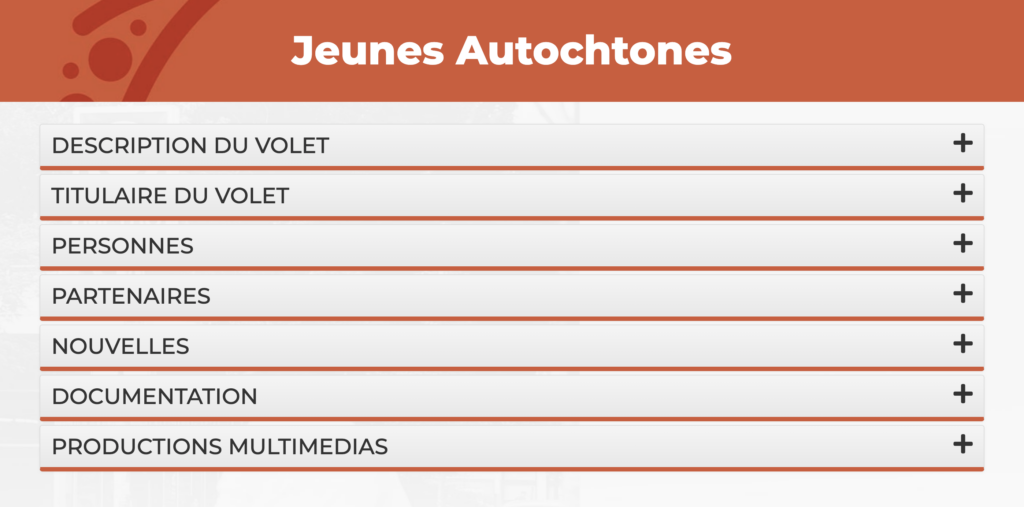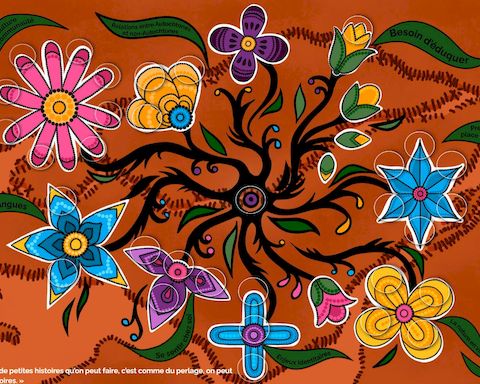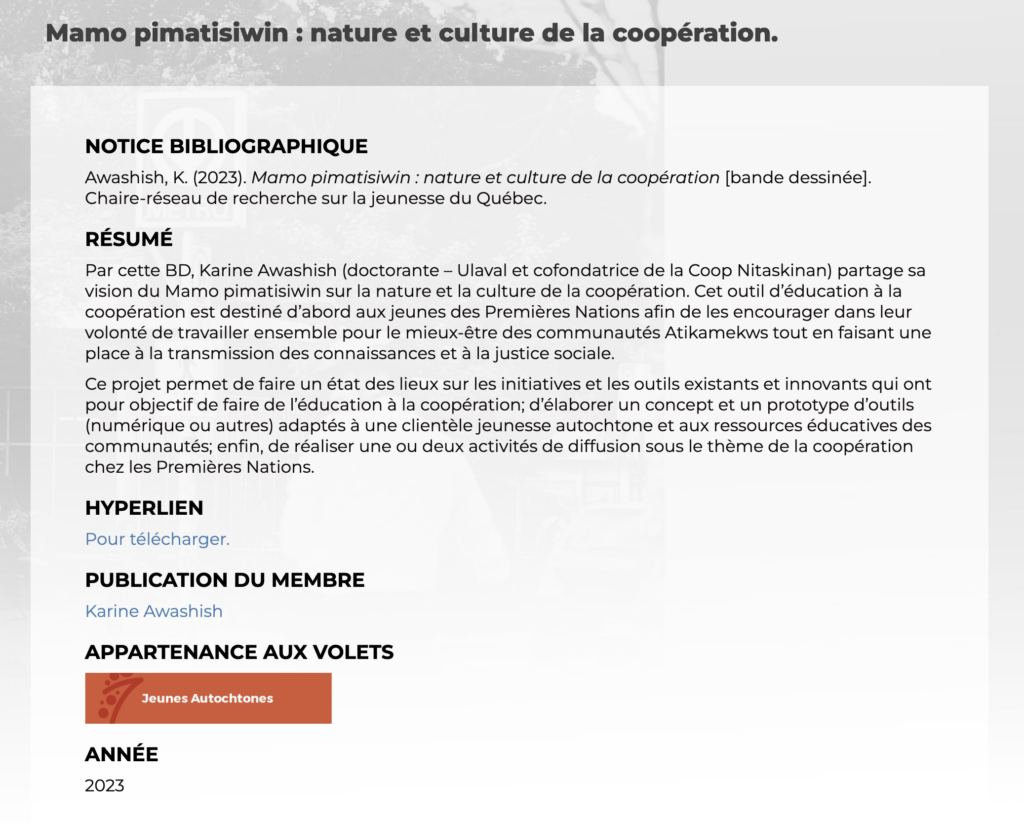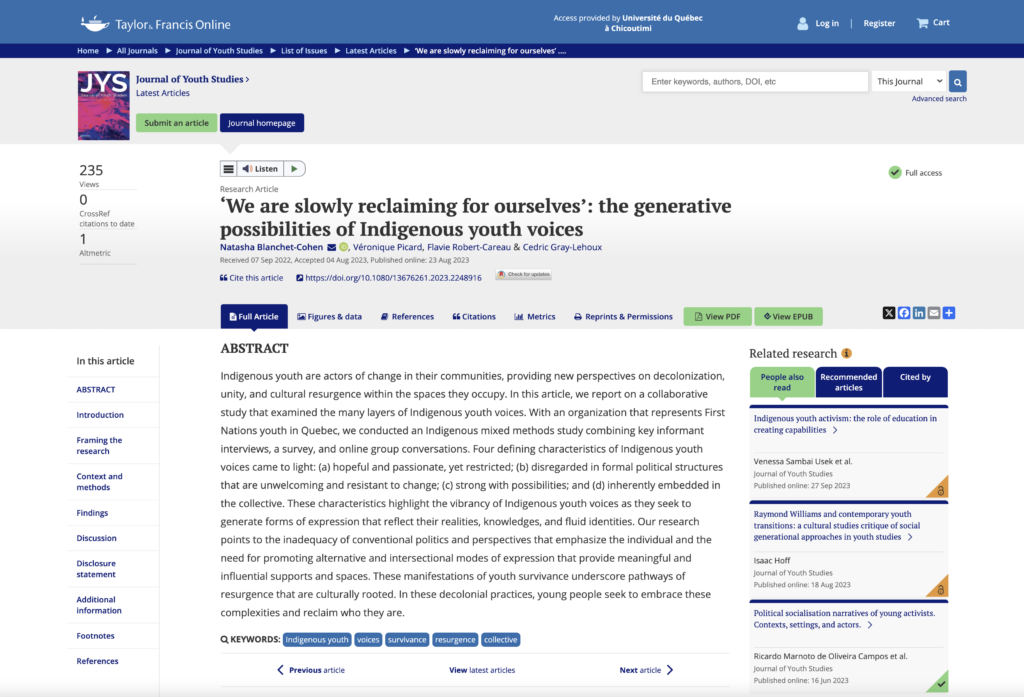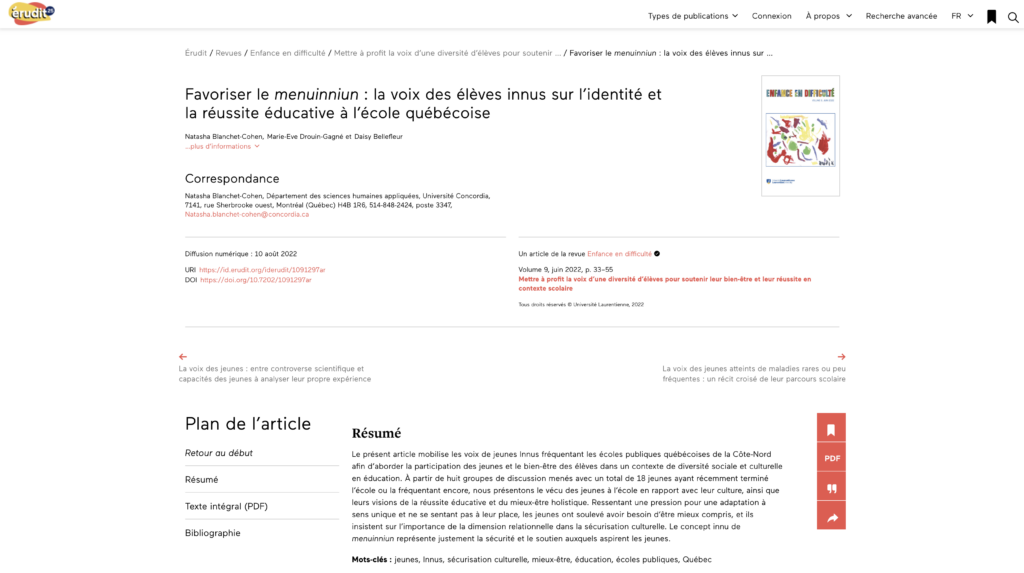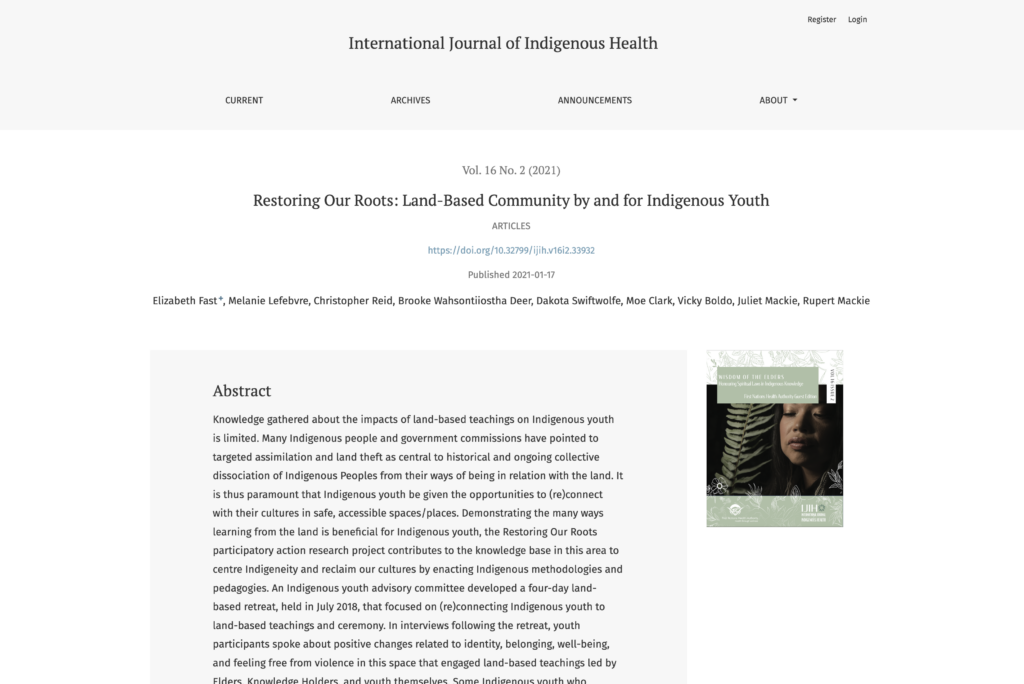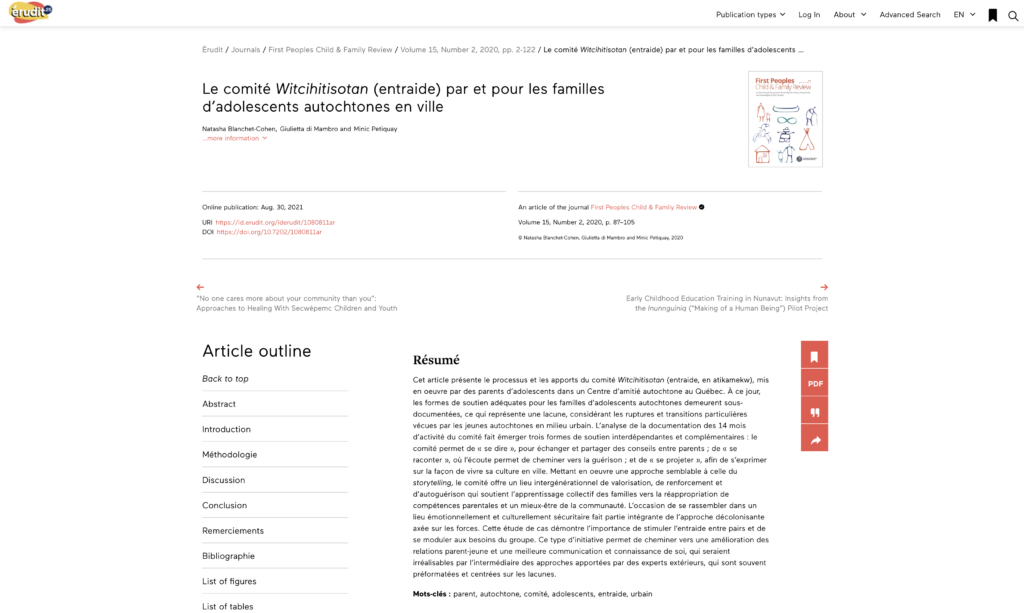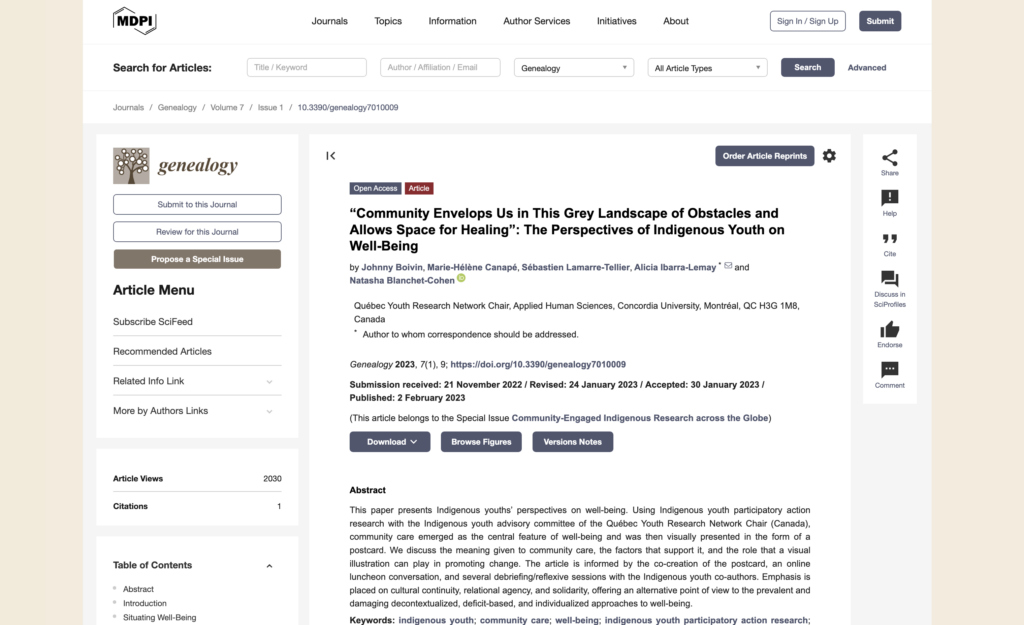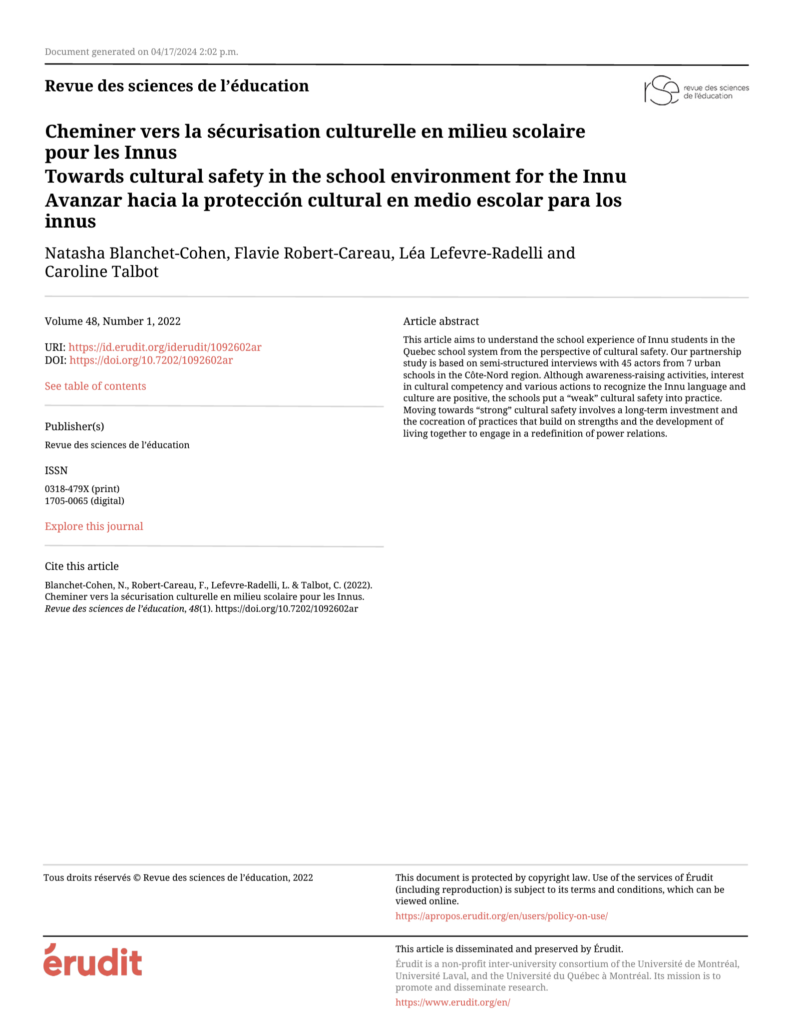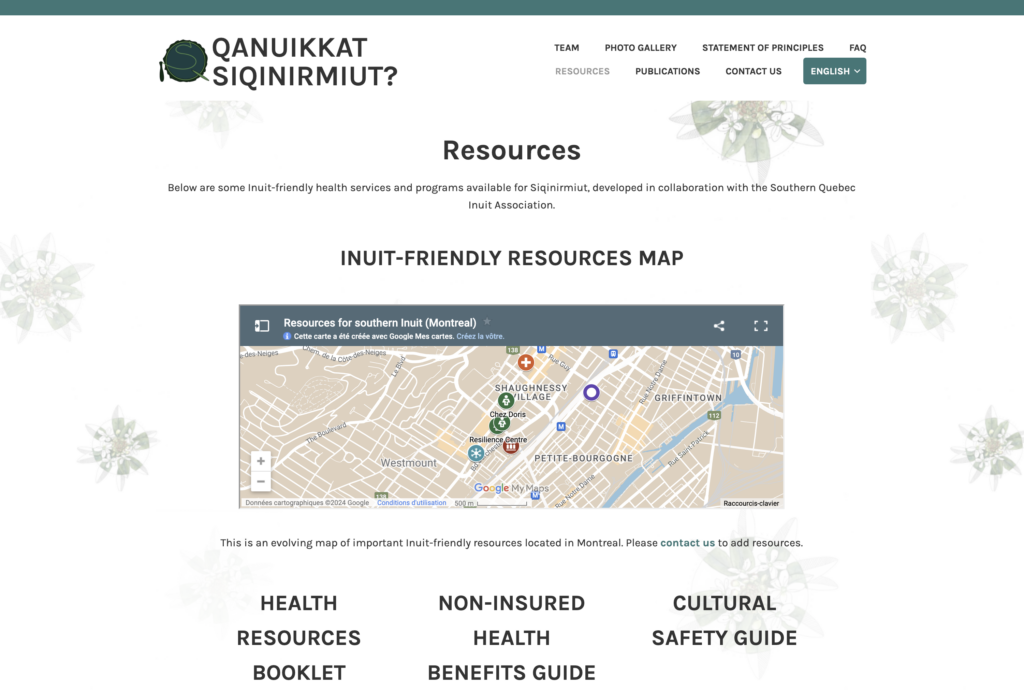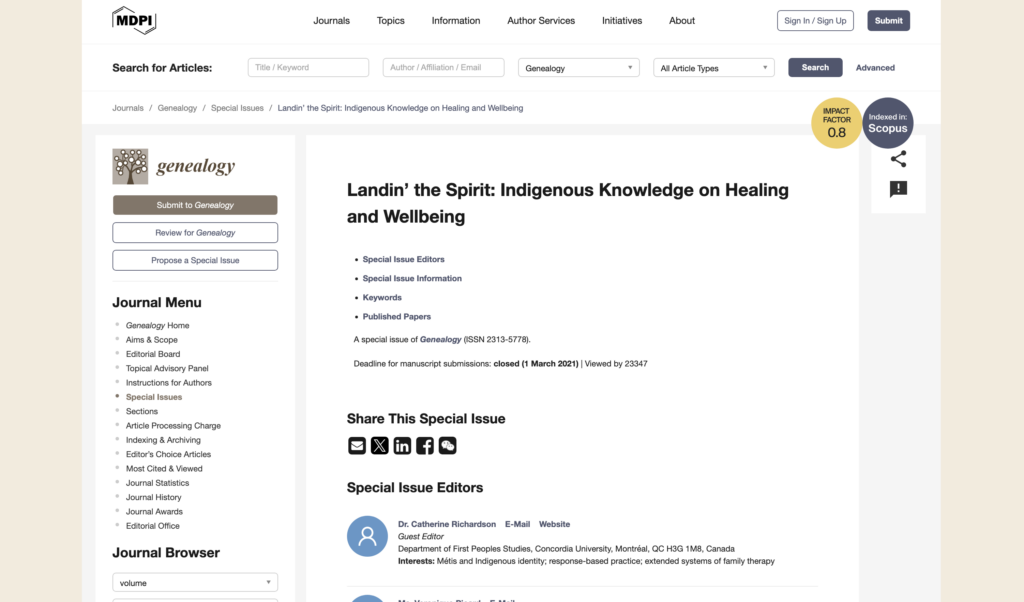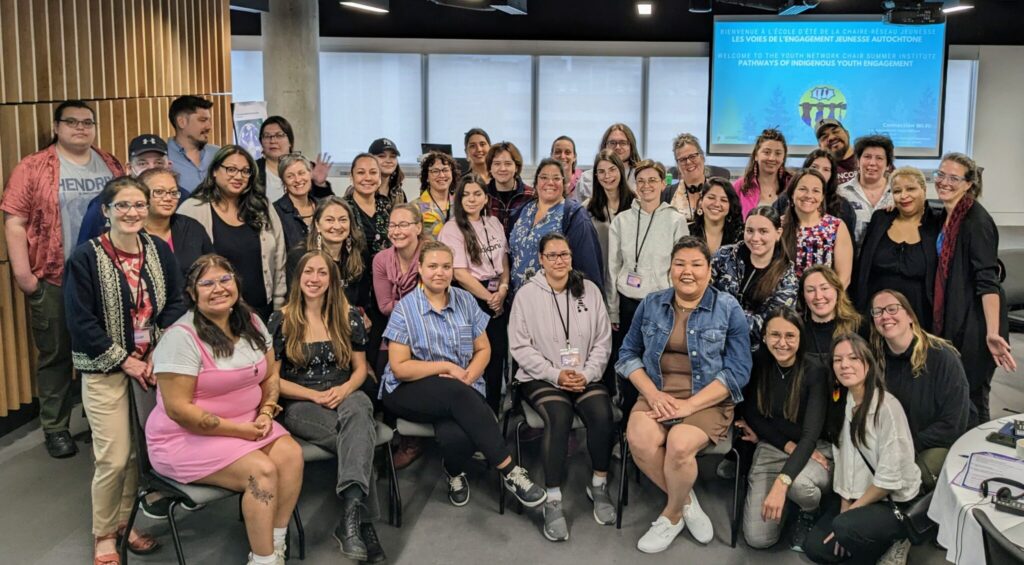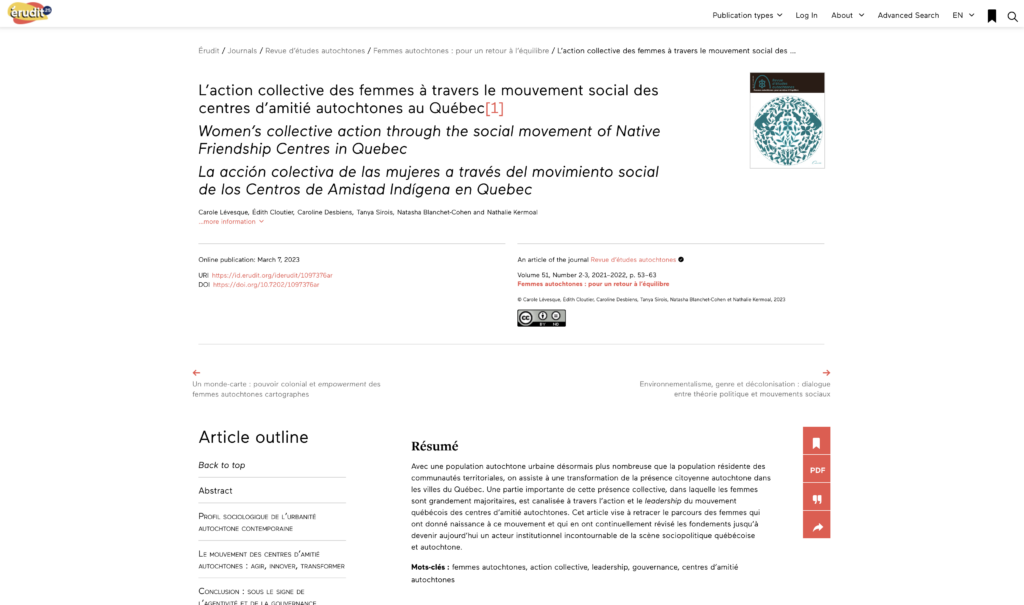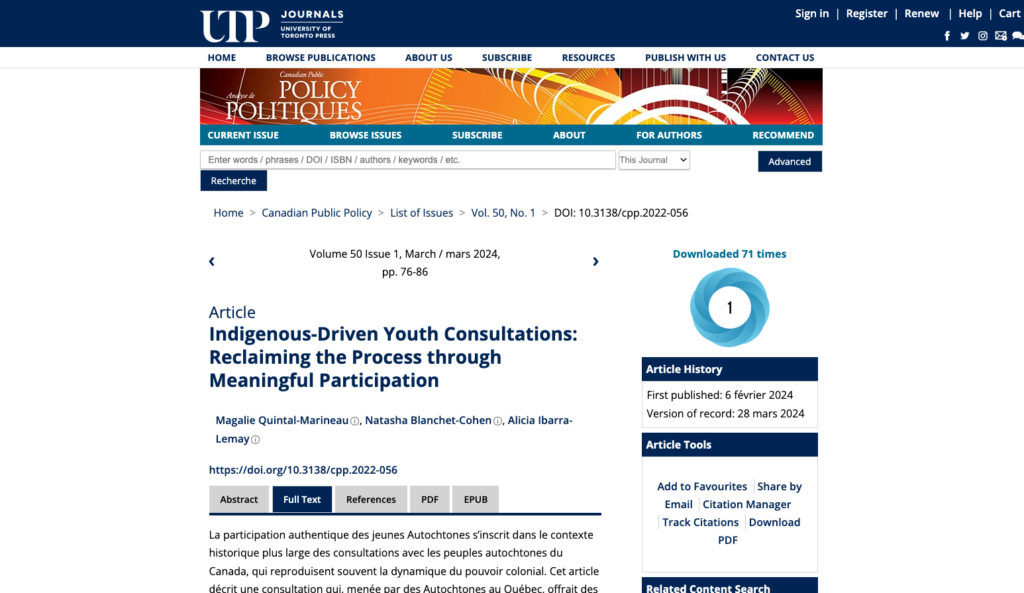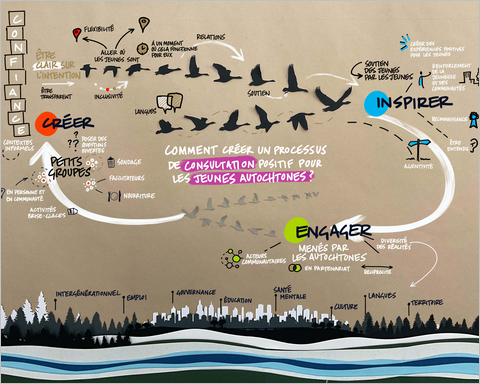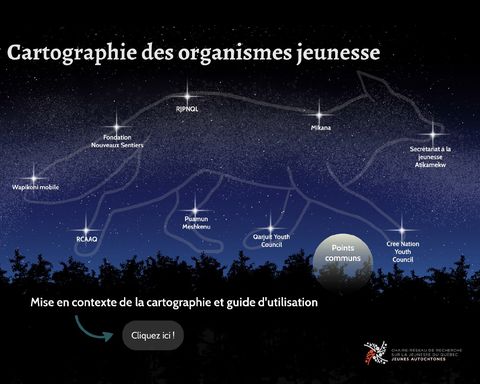Notice bibliographique
Ellenbogen, S., Trocmé, N., Wekerle, C. et McLeod, K. (2015). An Exploratory Study of Physical Abuse–Related Shame, Guilt, and Blame in a Sample of Youth Receiving Child Protective Services: Links to Maltreatment, Anger, and Aggression. Journal of Aggression, Maltreatment & Trauma, 24(5), 532-551.
Résumé
Maladaptive processing of self-conscious emotions (shame, absence of guilt) and externalized attributions (blame) are thought to impair social functioning and contribute to problems with anger and aggression. However, researchers generally focused on dysfunctional traits (i.e., shame-, guilt-, and blame-proneness) rather than emotions and attributions that are generated by traumatic events, such as childhood abuse. Using self-report data from a larger study of adolescents receiving child protective services, we explored correlates of physical abuse–related shame, guilt, blame toward the abuser, and blame toward others. In bivariate analyses, shame and blame were found to be interlinked and associated with different forms of abuse, emotional neglect, hostility, and pent-up anger, but not with outwardly expressed anger and physical aggression. Female gender and emotional abuse emerged as the strongest contributors in two continuation ratio ordinal regression models predicting shame; physical abuse did not contribute predictive power to one model, and severe physical abuse offered only a marginal contribution to the other. In a third model, neither shame, nor absence of guilt, nor a Shame × Guilt interaction term was found to contribute to the prediction of aggression; male gender was a marginal predictor. Child welfare planners and practitioners should consider the impact of interconnected emotions and attributions related to maltreatment, particularly emotional abuse. If left untreated, these often-invisible injuries might lead to problems later in life.
Hyperlien
https://doi.org/10.1080/10926771.2015.1029183Publication du membre
Nico TrocméAppartenance aux volets










